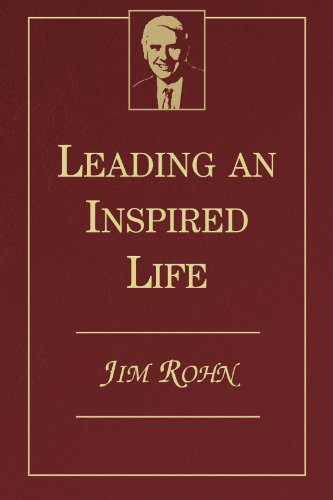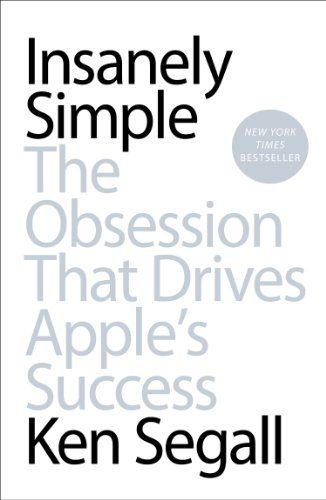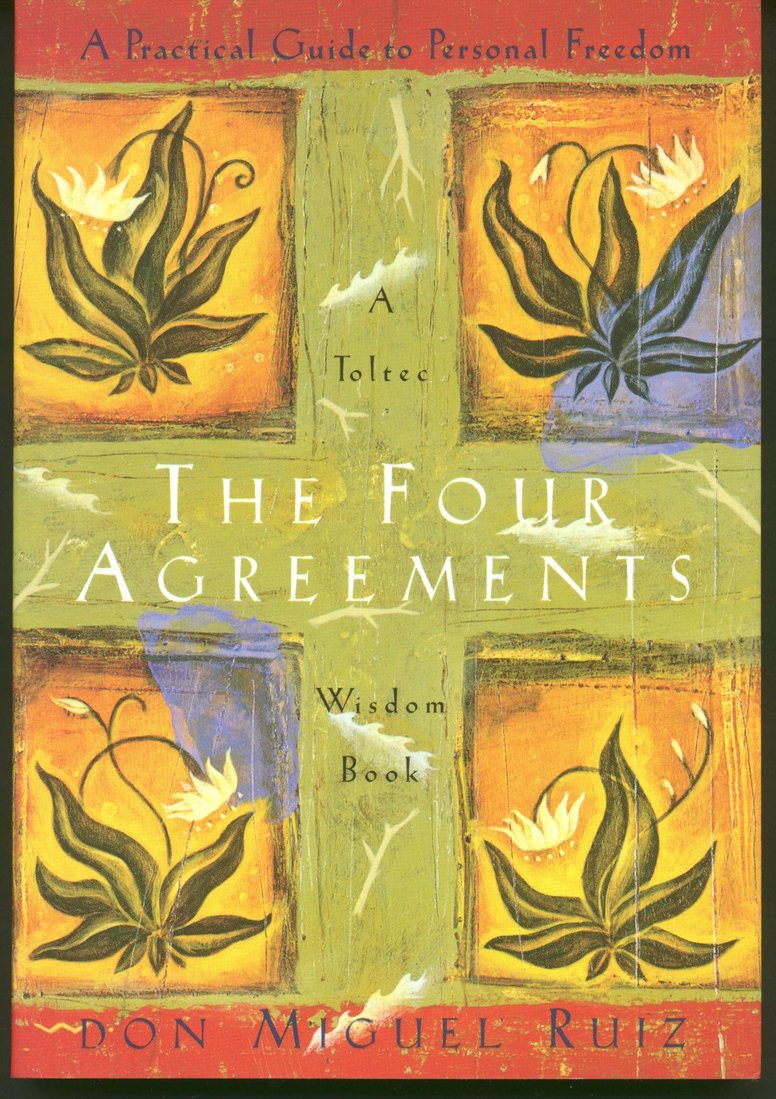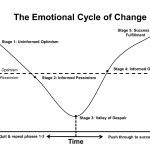The things that are easy to do are also easy not to do.
Author Jim Rohn often said “Success is nothing more than a few simple disciplines, practiced every day; while failure is simply a few errors in judgment, repeated every day. It is the accumulative weight of our disciplines and our judgments that leads us to either fortune or failure.” How you do one is thing is mostly how you do everything. Most things that make a considerable effect in our long term growth are usually easy but they are often not easy to do. It is easy to reduce your screen time but it is not easy to feel left out due to the fear of missing out. It is easy to read a book but the challenge is staying consistent and finishing the book. It is easy to go to the gym but the hard part is staying consistent with the practice.
“Success is nothing more than a few simple disciplines, practiced every day; while failure is simply a few errors in judgment, repeated every day. It is the accumulative weight of our disciplines and our judgments that leads us to either fortune or failure.” – Jim Rohn
Achieving worthwhile goals require self-discipline, consistency, persistence and follow through. The road to success is an uphill journey of ups and downs, it requires grit and following through on the promise that you made to yourself. As Stoic philosopher Seneca once quipped “‘It is not because things are difficult that we do not dare, it is because we do not dare that they are difficult.” If you work hard whatever is hard will eventually work but if you take shortcut, you will be cut short. Simple things like waking up early, reading for 15 minutes daily, going for a walk, eating healthy or meditating for 15 minutes daily are simple acts to do but not easy to execute daily
The things that are easy to do are also easy not to do. That’s the difference between success and failure, between daydreams and ambitions. – Jim Rohn

Why Success can be easy 1
In Leading an Inspired Life, author and motivational speaker Jim Rohn shares timeless insight on living an inspired life. Rohn defines “something I could do.”
Don’t wish for a better wind. The key is to wish for the wisdom to set a better sail. Utilize whatever wind that blows to take you where you want to go. That is the philosophy of success I picked up at the age of twenty-five, and it revolutionized my whole life. Here’s what I found: I found it was easy. I was a millionaire at the age of thirty-one, and I found it wasn’t difficult at all.
“I figure, if it’s something you can do, it’s easy. But here’s a little qualification: I worked hard at it. I made sure my disciplines were in line. I made sure my habits were good. I made sure I did all that I could. I found something that I could do, but I worked hard at it. I got up early and stayed up late and worked hard from age twenty-five to thirty-one. But what I did was easy, meaning it was something I could do.”
“Well, Mr. Rohn,” you say, “if it was so easy, why during those six years didn’t those other people around you get rich?” Here’s why. It’s also easy not to do. How else would you describe it? It’s easy to keep doing the things that don’t work. It’s easy to keep the bad habits. It’s easy not to develop the disciplines. It’s easy not to. So why did I get rich and they didn’t?”
It’s easy to repeat an error in judgment because failure doesn’t fall at the end of the first day. Bad habits don’t show their horrible results at the end of the first day, or the first week, or even the first month. It’s easy to get fooled. If disaster occurred at the end of the first week, we’d change our philosophy right away. But the slide downward is subtle. You get you a little off course, and you keep drifting until all of a sudden, you’re caught way off course.
“You’ve got the choice right now of one of two “easies.” Easy to do, or easy not to do”

Author and advertising creative director, Ken Segall worked closely with former CEO Apple Steve Job whose love for simplicity defined the core operating principle of the tech company. Insanely Simple: The Obsession That Drives Apple’s Success 2 is based on Ken’s experience working as worldwide creative director at agencies for Dell, Intel and IBM. He identified 10 core elements of simplicity and most importantly “Simplicity isn’t that simple”. He writes:
Simplicity is not merely a layer that can be grafted onto a business. It isn’t available in a prepackaged version. It doesn’t work with an on/off switch. Yet it’s there for absolutely anyone to take advantage of, if only they have the determination and knowledge.
“Simple can be harder than complex. You have to work hard to get your thinking clean to make it simple. But it’s worth it in the end, because once you get there, you can move mountains.”—Steve Jobs
Simplicity doesn’t spontaneously spring to life with the right combination of molecules, water, and sunlight. It needs a champion—someone who’s willing to stand up for its principles and strong enough to resist the overtures of Simplicity’s evil twin, Complexity. It needs someone who’s willing to guide a process with both head and heart.
Simplicity is more than a goal—it’s a skill. To successfully leverage its power, you need to get good at it. That takes practice. And this is where things get a little tricky. Because the irony is, becoming skilled in Simplicity isn’t that simple. You can’t just learn it; you need to make it second nature.
Simplicity can be difficult to describe. It can be a choice, a feeling, or a guiding light. You might even think of it as a spirit, for you can tell pretty quickly when you’re in a place that believes in it and when you’re in a place that doesn’t.

Always Do Your Best 3
Based on ancient Toltec wisdom, in the Four Agreements: A Practical Guide to Personal Freedom, Bestselling author Don Miguel Ruiz described four principles for living a life of freedom, true happiness, and love. The fourth agreement is “Always Do Your Best”. Ruiz shared a parable that exemplifies the value of doing simple but not easy practices on the path to enlightenment and mastery.
“There was a man who wanted to transcend his suffering so he went to a Buddhist temple to find a Master to help him. He went to the Master and asked, “Master, if I meditate four hours a day, how long will it take me to transcend?”
The Master looked at him and said, “If you meditate four hours a day, perhaps you will transcend in ten years.
Thinking he could do better, the man then said, “Oh, Master, what if I meditated eight hours a day, how long will it take me to transcend?”
The Master looked at him and said, “If you meditate eight hours a day, perhaps you will transcend in twenty years.”
“But why will it take me longer if I meditate more?” the man asked.
“The Master replied, “You are not here to sacrifice your joy or your life. You are here to live, to be happy, and to love. If you can do your best in two hours of meditation, but you spend eight hours instead, you will only grow tired, miss the point, and you won’t enjoy your life. Do your best, and perhaps you will learn that no matter how long you meditate, you can live, love, and be happy.”
“When you always do your best, you take action. Doing your best is taking the action because you love it, not because you’re expecting a reward. Most people do exactly the opposite: They only take action when they expect a reward, and they don’t enjoy the action. And that’s the reason why they don’t do their best.”
Meditations
Daily Calm with Tamara Levitt – Waves
Life changes often quickly. We can wake one morning to a world unrecognizable from yesterday, our relationship ends, or a job begins. Without warning, a path we have so carefully chosen takes us in a new and uncertain direction. Our instinct is to resist the unknown, to protect ourselves from change and instability. But fighting change is futile. It is all around us, continuous and unavoidable.
“There is nothing so stable as change”. – Bob Dylan
Daily Jay with Jay Shetty – Harder, Faster, Stronger….Better?
The point of meditating isn’t to become a better meditator. It is to become better at living and navigating the world. Doing more doesn’t mean doing better or doing right. It doesn’t mean acting in accordance with your values and intentions.
Podcast
- Oprah & Lara Love Hardin | Oprah’s Super Soul | OWN Podcasts
All the best in your quest to get better. Don’t Settle: Live with Passion



Comments are closed.